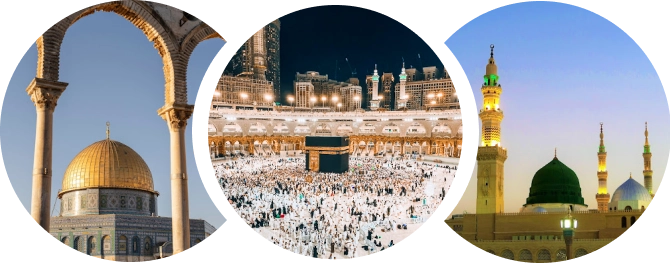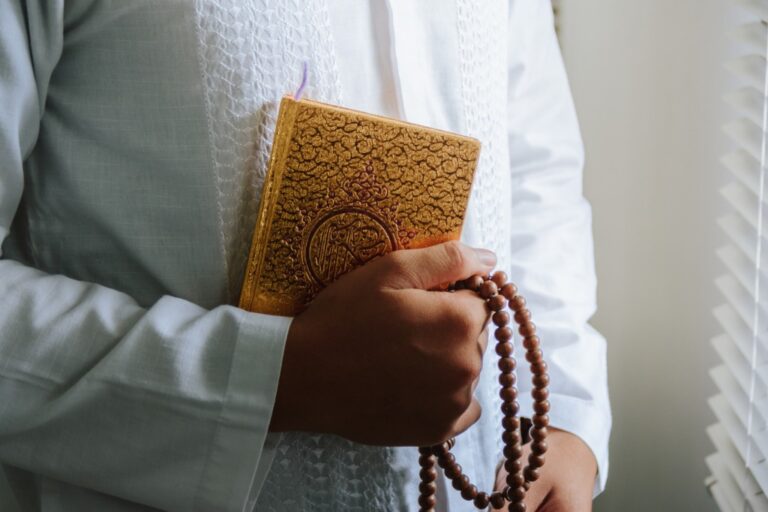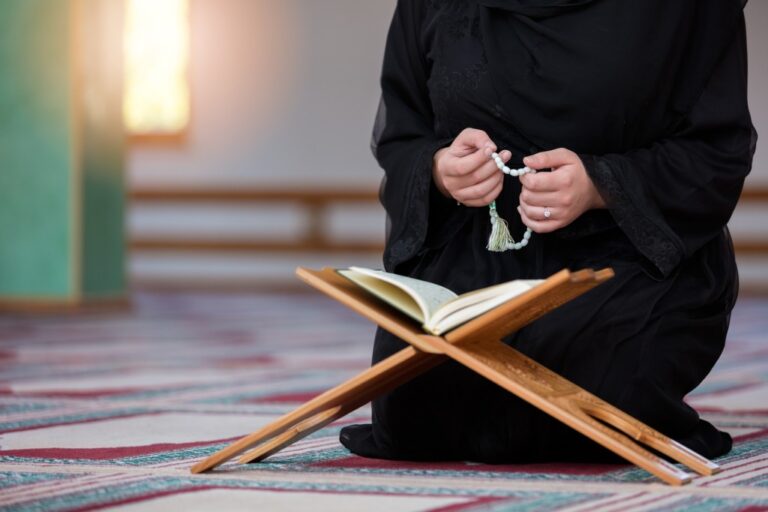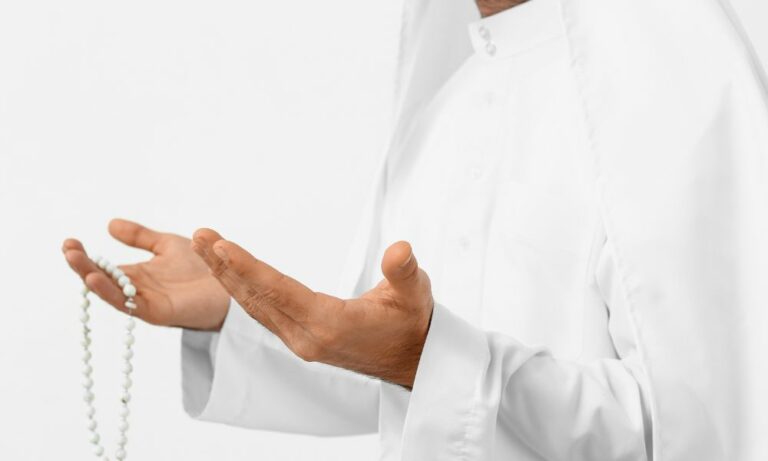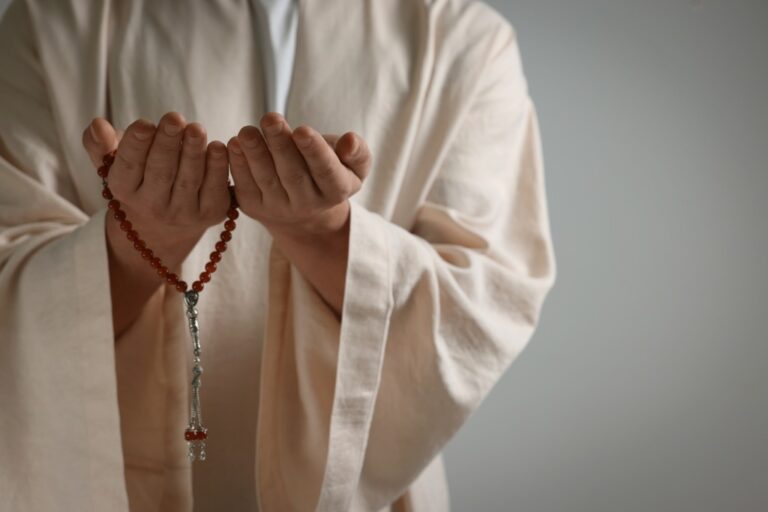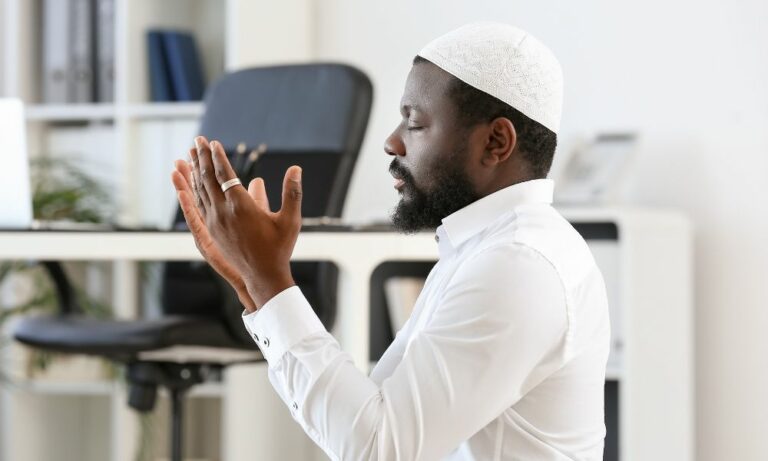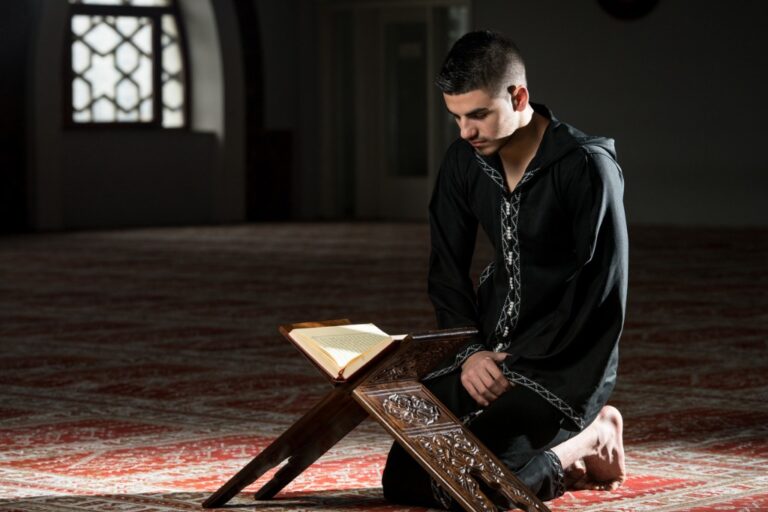What is the Dua When Looking at One’s Self in the Mirror?
There is a Dua that you might have come across. Muslims usually recite it when looking at themselves in the mirror, but do you have any idea about the authenticity of this Dua?
If your answer is no, then stay with us for a while because this blog post is going to explain everything you need to know about this Dua and whether it has an authentic origin or not.
Let’s dive in!
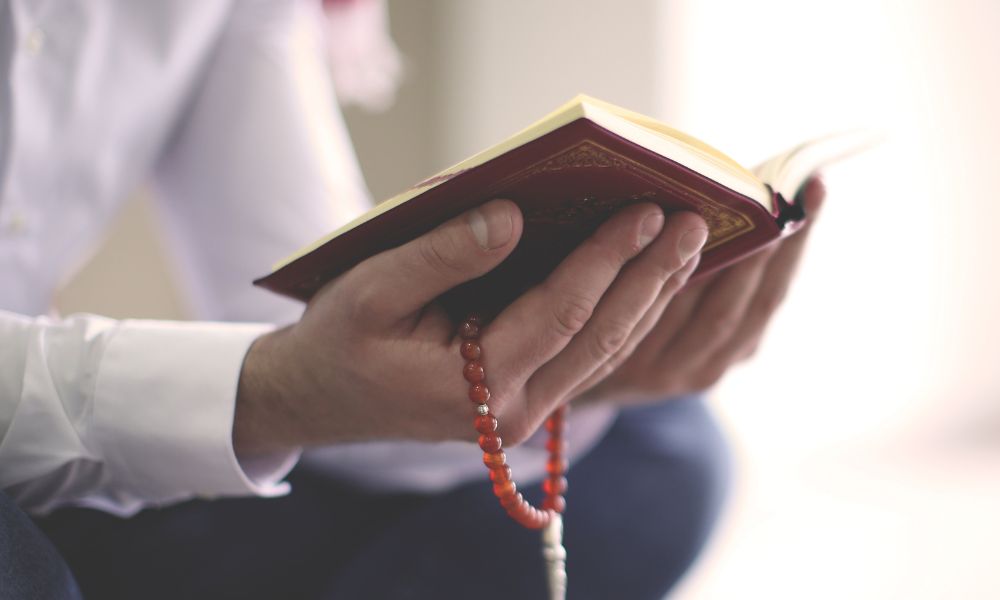

The Arabic Text and Meanings
First let’s have a look at the Arabi text, and the meaning of this Dua:
اللَّهُمَّ أَنْتَ حَسَّنْتَ خَلْقِي فَحَسِّنْ خُلُقِي
Allahumma anta hasanta khalqi fahassin khuluqi
“O Allah SWT, just as You have made my external features beautiful, make my character beautiful as well.”
- Are you searching for the most accurate Athan and Prayer times? You have come to the right place! Feel free to click on the hyperlink.
Dua When Looking at One’s self in the mirror: The Truth
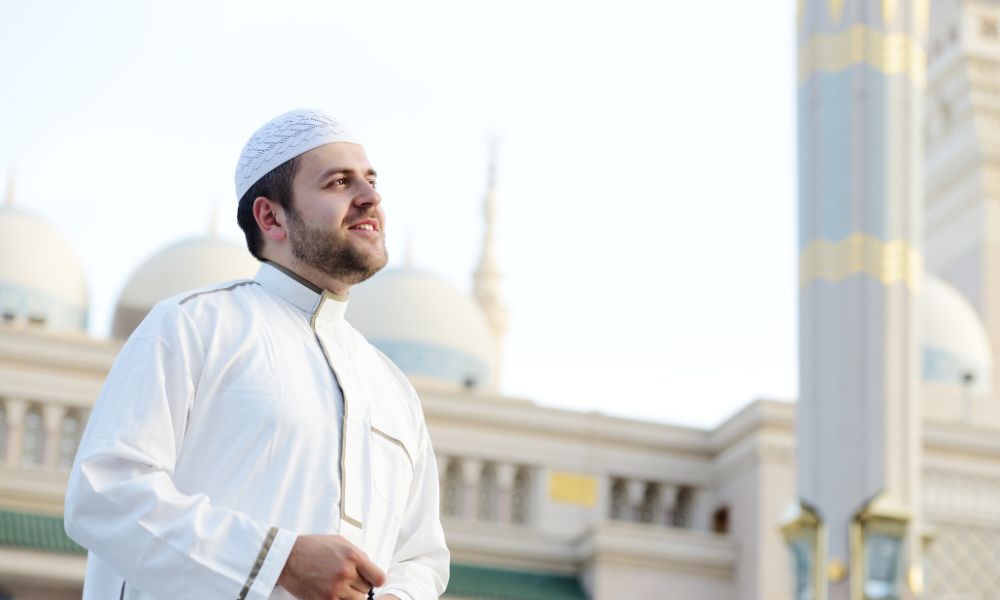

The above mentioned Dua to recite when looking at ourselves in the mirror is extremely weak, and all of its narrators are regarded as untrustworthy, leading scholars to conclude that this Dua is either weak or fabricated.
If you search the internet, you will find that the search results are filled with this same Dua, but they do not provide authentic evidence about it. Therefore, it’s better to avoid such claims for the reason that attributing something to Prophet Muhammad PBUH that he hasn’t spoken about is a great sin.
Prophet Muhammad PBUH said the following in a hadith:
مَنْ كَذَبَ عَلَىَّ مُتَعَمِّدًا فَلْيَتَبَوَّأْ مَقْعَدَهُ مِنَ النَّارِ
‘Whoever tells lies about me deliberately, let him take his place in Hell.” Sunan Ibn Majah 33
- Download Muslim Sadiq app, and enjoy all top-notch features for everyday activities!
Show Gratitude When You Look in the Mirror
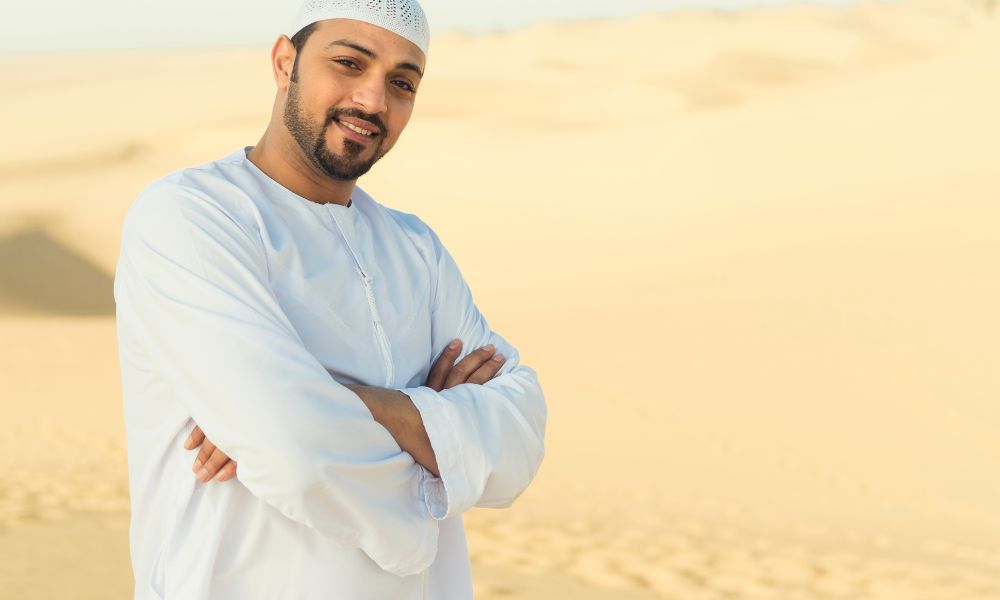

As mentioned above, there is no specific Dua to recite when looking in the mirror, but if you want to say something, then it would be better if you show gratitude to Allah SWT in your native language.
We believe that Allah SWT has created us in the best form, and blessed us with countless blessings. We say “Alhamdulelah” in every situation, thanking Him for all that He has done for us.
- Read Al Quran along with transliteration and interpretation in the easiest way possible.
Conclusion
The Dua recited when looking in the mirror, which asks Allah SWT to improve one’s physical appearance and character, lacks authenticity. Scholars have deemed this Dua either weak or fabricated due to untrustworthy narrators in its transmission chain.
Muslims must be cautious about attributing statements or actions to Prophet Muhammad (PBUH) without credible sources. Instead of relying on a specific Dua in this context, expressing gratitude to Allah SWT for one’s blessings is recommended.
- Looking for the Islamic holidays and important dates? Please click the hyperlink to access the up-to-date list.
FAQs
What is the Dua to recite when looking in the mirror?
When people look in the mirror, they often say the Dua, “O Allah SWT, just as You have made my outward appearance beautiful, make my character beautiful as well.” However, its authenticity isn’t clear, and therefore is considered weak.
Why is the authenticity of the mirror Dua in question?
There are doubts about the reliability of the Dua for looking in the mirror, because all the people who narrated it are not trusted by scholars. This raises concerns about its credibility.
Is it wrong to recite the mirror Dua?
It might not be wrong to recite the mirror Dua, but it is better not to because its reliability is uncertain. People should be very careful about saying or doing things that they think Prophet Muhammad (peace be upon him) did without authentic sources or references.
How should Muslims express gratitude when looking in the mirror?
Muslims can express gratitude for Allah SWT’s blessings in their own words, either in their native language or in Arabic. Thanking Allah SWT for their good qualities, including physical appearance, is a recommended practice.
Are there other authentic Duas related to self-reflection or appearance?
In Islamic tradition, there isn’t a specific Dua for looking at oneself in the mirror. There are many real Duas for different parts of life, though. Muslims can use general prayers to ask for good character, to be thankful, or to seek Allah SWT’s blessings.
ما هو الدعاء عند النظر إلى النفس في المرآة؟
هناك دعاء ربما تكون قد صادفته. عادة ما يقرأه المسلمون عندما ينظرون إلى أنفسهم في المرآة، ولكن هل لديك أي فكرة عن صحة هذا الدعاء؟ إذا كانت إجابتك لا، فابق معنا لبعض الوقت لأن منشور المدونة هذا سيشرح كل ما تحتاج لمعرفته حول هذا الدعاء وما إذا كان له أصل أصيل أم لا. دعونا نتعمق!

النص العربي ومعانيه
دعونا أولاً نلقي نظرة على النص العربي ومعنى هذا الدعاء: اللَّه أَنْتَ حَسُنت خَلْقِي فَحَسِّنْ خُلُقِي اللهمّ أنت حسنة خلقي فهاسين خلوقي "اللهم كما حسنت ملامحي فحسن خلقي."- هل تبحث عن مواقيت الأذان والصلاة الأكثر دقة؟ لقد اتيتم الى المكان الصحيح! لا تتردد في النقر على الارتباط التشعبي.
دعاء النظر إلى النفس في المرآة: الحقيقة


- قم بتنزيل تطبيق مسلم صادق، واستمتع بجميع الميزات المتميزة للأنشطة اليومية!
أظهر الامتنان عندما تنظر إلى المرآة


- اقرأ سورة القرآن مع الترجمة الصوتية والتفسير بأسهل طريقة ممكنة.
الاستنتاج
الدعاء الذي يُقال عند النظر في المرآة، والذي يطلب من الله سبحانه وتعالى أن يحسن المظهر الجسدي والشخصية، يفتقر إلى الصحة. وقد اعتبر العلماء هذا الدعاء إما ضعيفا أو موضوعا لعدم الثقات في إسناده. يجب على المسلمين الحذر من نسبة أقوال أو أفعال إلى النبي محمد (ص) دون مصادر موثوقة. وبدلاً من الاعتماد على دعاء محدد في هذا السياق، يوصى بالتعبير عن الامتنان لله سبحانه وتعالى على نعمه.- هل تبحث عن الأعياد الإسلامية والتواريخ المهمة؟ الرجاء النقر فوق الارتباط التشعبي للوصول إلى القائمة المحدثة.

